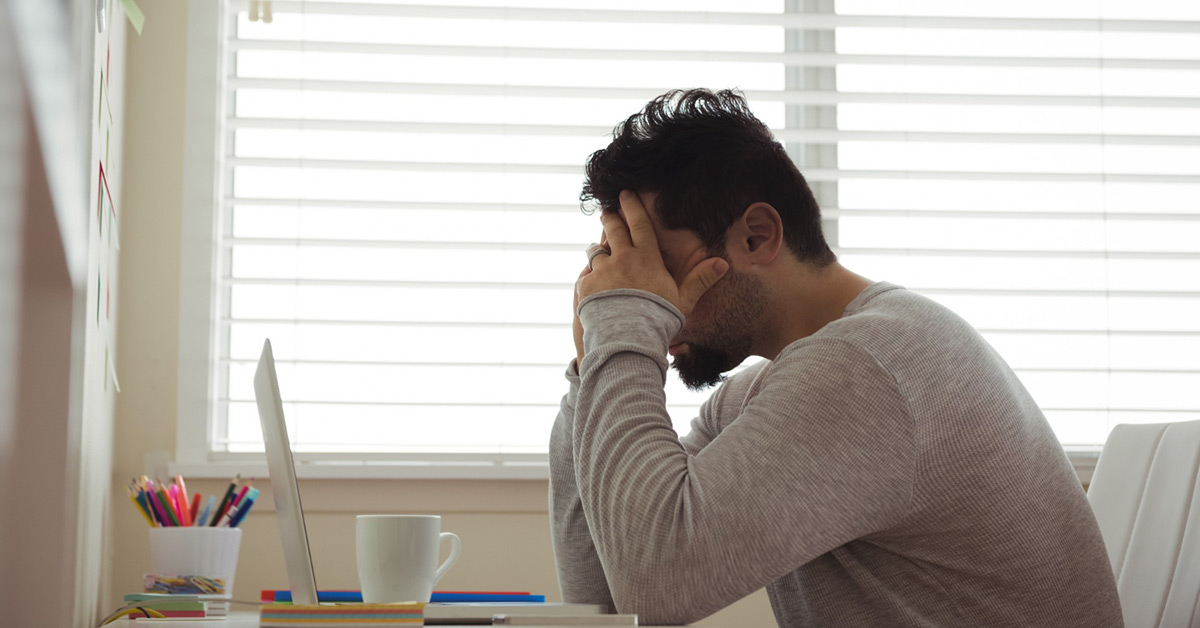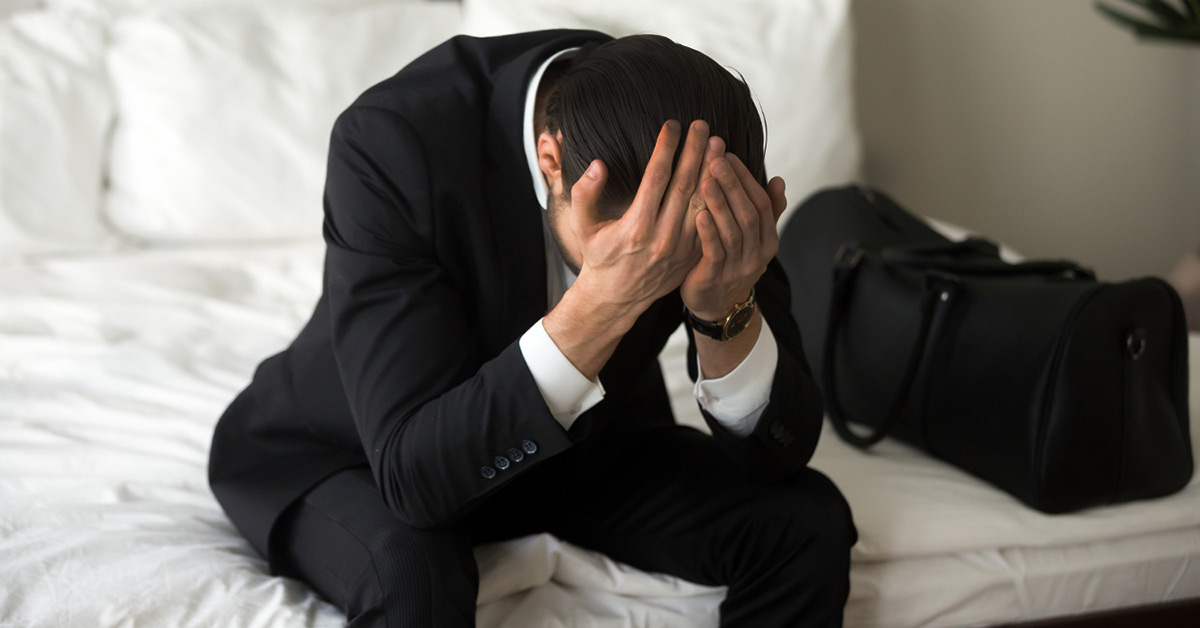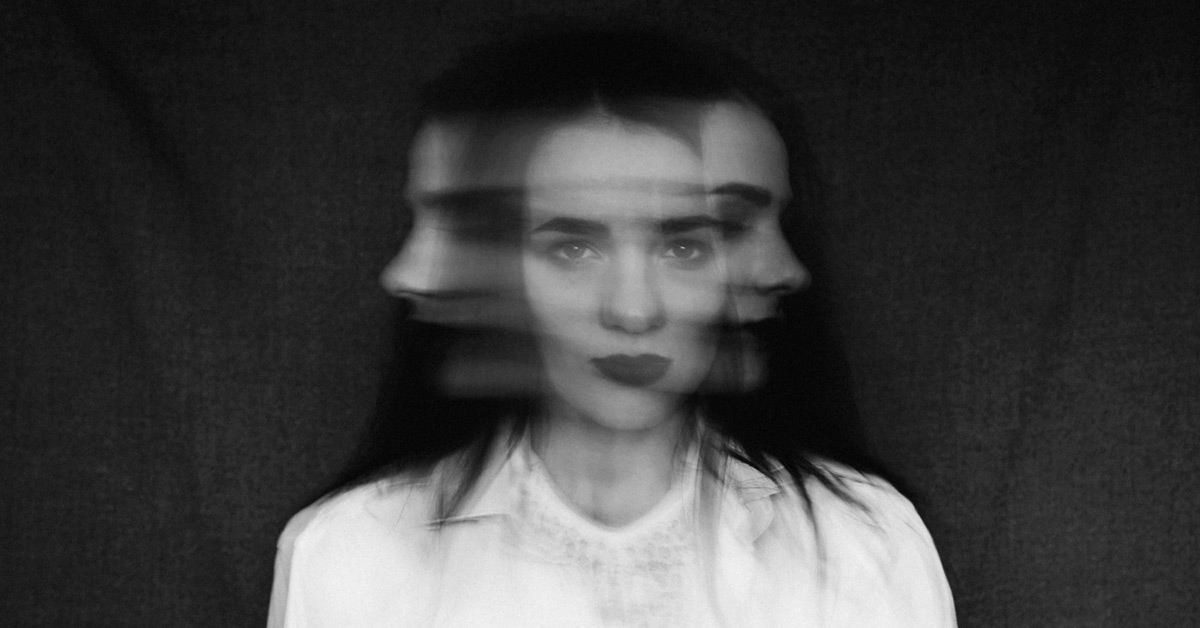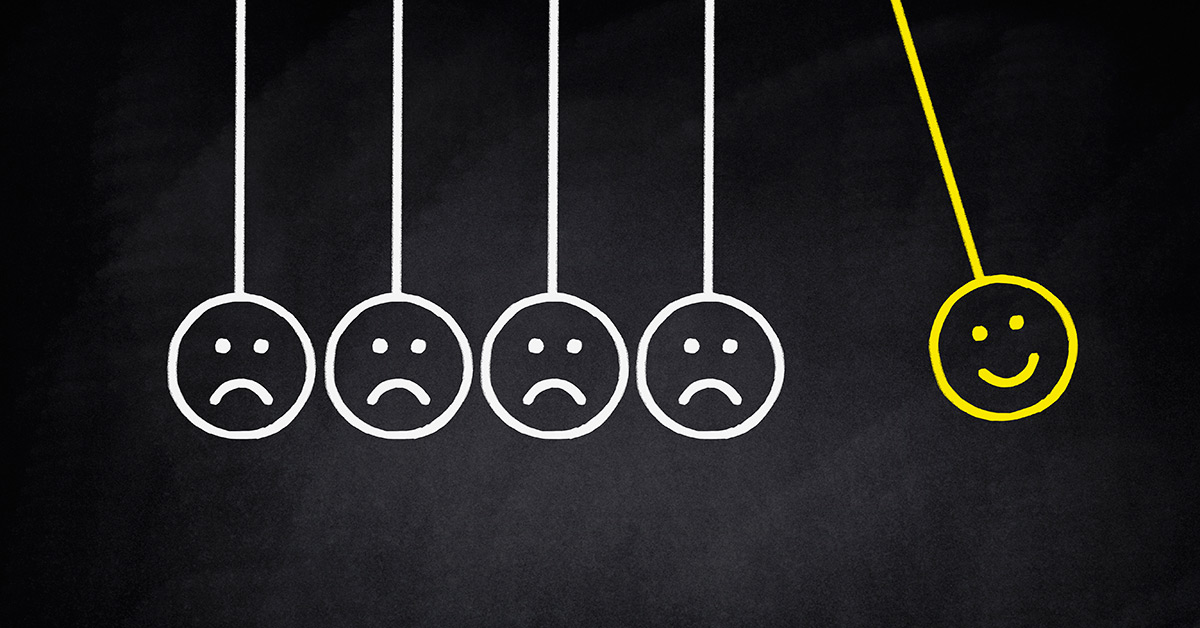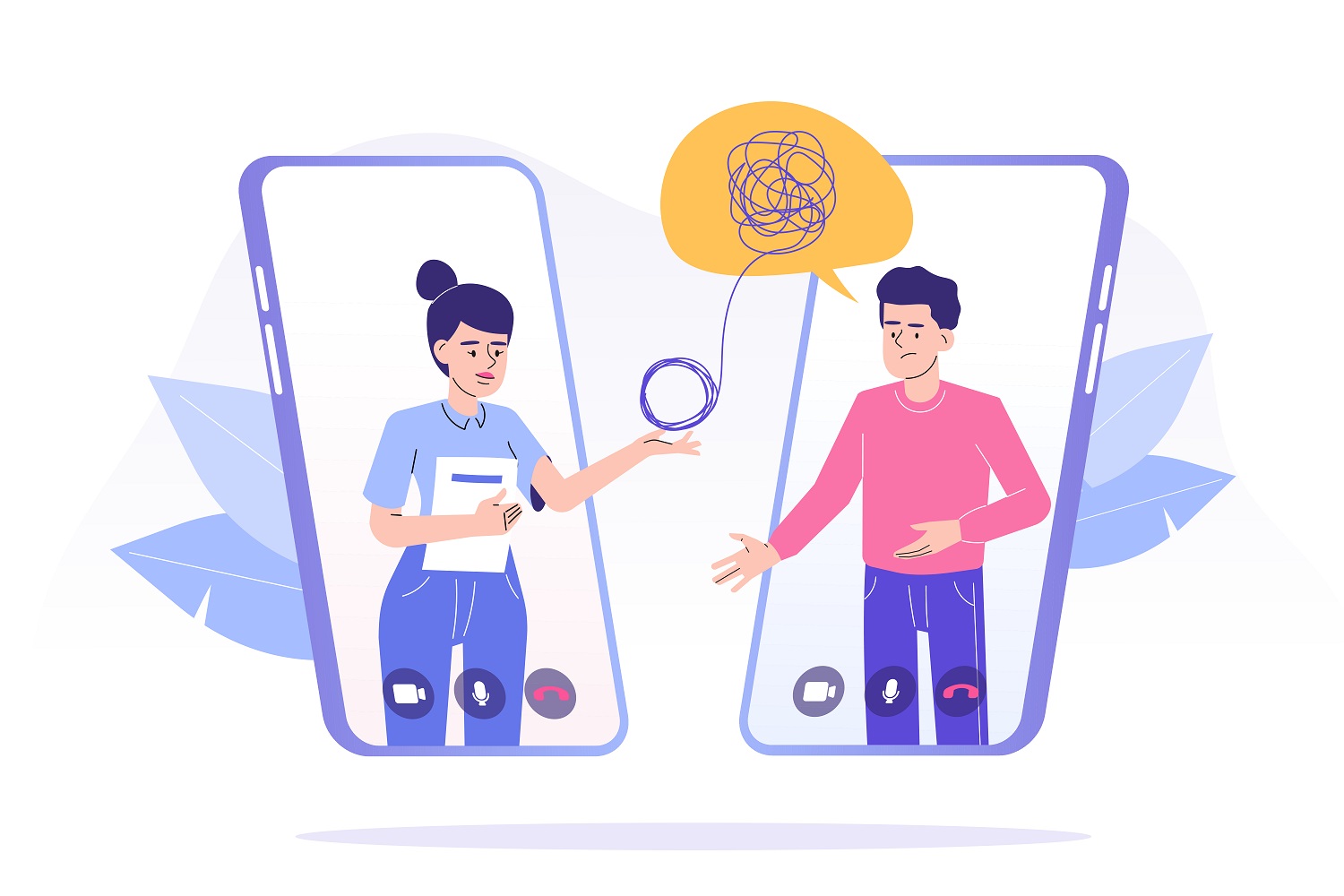Do you feel nervous before giving a speech, when passing by a dog, before an exam or walking on the edge of a cliff? Surely, the answer is “Yes”. Such occasional anxiety is just a normal part of our lives and on the positive note; anxiety is a vital healthy emotion which serves a basic purpose i.e. “motivates us to stay away from real dangers”.
Since the beginning of human age, the approach of predators for incoming threats was recognized. These warnings manifest themselves as a faster pulse, sweating, and increased sensitivity to cope up with the situation / environment.
A surge of adrenalin, a hormone and chemical messenger in the brain, is released in response to threat, triggering these nervous reactions in a process known as the “fight-or-flight” response. This prepares people to face or escape any possible threats to their life.
The question arises, why anxiety is termed as a disorder. To understand this, we need to differentiate between normal anxious feelings and anxiety disorder;
Anxiety / botheration is a natural ongoing phenomenon, however, a person having anxiety disorder feels recurring unwanted thoughts or concerns for a longer duration. In disordered condition, consistent stressed feelings dominate than the actual stressor. An excessively demanding schedule, a lack of exercise or sleep, pressure at home or at work, consistent failures, broken relations or even too much caffeine may cause anxiety.
Anxiety Disorder Symptoms:
Anxiety disorders are a collection of related conditions so the symptoms may differ from one person to the next. A person may have unpredictably severe anxiety attacks, while another may become anxious at the thought of a group gathering. Someone else might have a disabling fear of driving and another one can be constantly tense, thinking vaguely about each happening. Regardless of their various types, all anxiety disorders cause extreme panic or worry that is out of proportion to the situation.
Other than intrusive thoughts, main symptoms of anxiety disorder includes unable to focus, irritability, inability to sit calmly, inability to perform a task efficiently due to anticipation of “worst”. The physical symptoms of anxiety are headache, fast palpitation, sweating, stomach problems, shortness of breath, insomnia, trembling, tense muscles and depression etc.
Types of Anxiety Disorders:
Anxiety disorders are of several types and all are different but they have one thing in common that they cause excessive worries that effect thoughts, feelings and physical symptoms, Main of these are described as follows:
- General Anxiety Disorder(GAD): It is a state of constant worrying about everything. The person having GAD does not even know why he is feeling uneasy and angry. It may also cause physical effects like fatigue, insomnia and stomach disorder. It is treated by Cognitive Behavioral Therapy which guides a person to handle their worries.
- Phobias: A phobia is an irrational or exaggerated fear of a particular object, event, or condition that poses little or no danger in fact. Fear of animals (such as snakes and spiders etc), fear of flight, and fear of heights are common phobias. Unfortunately, avoiding the phobia just makes it worse. One might go to great lengths to escape the object of fear.
- Panic Attacks: Panic attacks are feelings of fear that occur suddenly and without warning. These episodes can happen at any time, even while you’re sleeping. People who are having a panic attack may think that they are having a heart attack, dying, or going crazy. The person avoids public places and confined spaces.
- Obsessive Compulsive Disorder (OCD): Obsessive-compulsive disorder (OCD) is a mental condition characterized by recurrent unwanted thoughts or perceptions or a strong desire to do something over and over again.
- Hoarding Disorder: Inability to withdraw from the possessions, regardless of their worth. Certain redundant objects, newspapers, magazines, handicrafts, cardboard boxes, and photos etc. are some of the most commonly hoarded objects. Hoarding has a variety of negative consequences for the hoarder and his or her families, including mental, physical, social, financial, and even legal consequences.
- Post Traumatic Stress Disorder (PTSD): It is an extreme anxiety disorder that may develop in the wake of a traumatic event like a natural disaster or a life-threatening accident. It causes nightmares or flashbacks about that event, quickly frightening, isolation from others and avoiding the events that remind of that incident.
Prevention & Treatment:
- Socialize: Staying alone can worsen the anxiety so share the thoughts regularly with true friends and family.
- Stress Management: When feel stress, look at the situation calmly and slow down the breathing.
- Exercise regularly: Walking, jogging, swimming and sports activities are effective natural stress buster.
- Have Sufficient Sleep: Having an 8 hours of quality sleep will help a lot in getting rid of anxious thoughts.
- Stop Obstinate Worrying: Worrying is a behavioral habit that can be broken. To challenge the anxious thoughts, and learn to embrace insecurity are all strategies that will help you to minimize such worries.
- Behave Normal on Failures: No one is perfect except the Almighty Allah, so never have regrets if not a perfectionist.
- Confront the Challenge: In order to lessen the anxiety sufferings we try to avoid and run from the situation either physically or mentally. Doing this gives us a temporary relief and our brain learns that “avoidance gives relief”, we keep doing this every time we are in that situation and our anxiety keeps increasing. But if we try to bear the pain or thoughts, we will feel better every single time and our brain will now learn that “confronting gives relief”. This is like a “brain rewiring” that brain alters its structure in a way to give his human – relief. So eventually, our anxiety is permanently eliminated.
- Medical Help: If you are continuously distressed and nothing is proving beneficial in reducing the fears and physical symptoms are getting severe, then medical help is mandatory. Luckily, anxiety disorders respond very well to therapies. Treatment varies according to type of disorder but there are some behavioral therapies like CBT and Exposure therapy which enables and encourages facing your fears and pessimism. Further treatment is done through medication.
Fighting anxiety disorders may become very hard to treat and may lead to serious complications in life. You may consult best psychiatrist or psychologist online at SehatYab from Karachi, Lahore, Islamabad or anywhere in the Pakistan.
